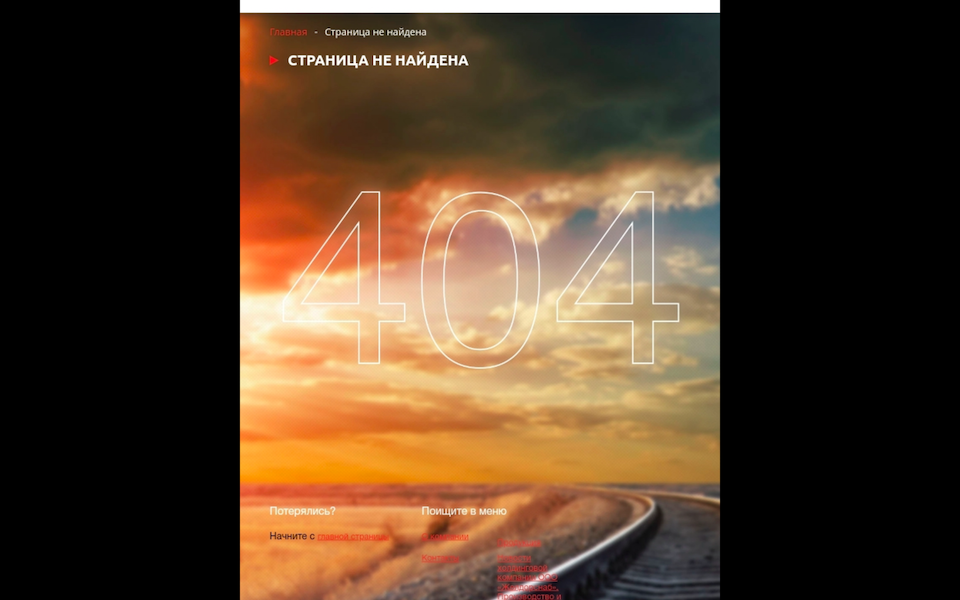Introduction
When it comes to dealing with online intellectual property infringements Russia is traditionally seen by many as a tough place or “Wild East”.
However, few foreign businesses know that Russia has specific provisions on liability of Internet Service Providers (ISPs) for intellectual property (IP) infringements. They may be very efficient in combating online IP infringements. These provisions are included in part IV of the Russian Civil Code.
1. Types of IP rights to which the provisions apply
The provisions on ISPs liability in Russia apply to all types of IP infringements. As long as you have valid IP rights in Russia, you can rely on them.
The following types of IP rights are recognized by Russian legislation:
· Copyright and related rights (including software and databases)
· Inventions, utility models and industrial designs
· Plant varieties
· Topographies of integrated circuits
· Know-how (confidential information)
· Trade names (names of companies)
· Commercial designations (business names or business identifiers)
· Trademarks (including service marks)
· Appellations of origin, geographical indications.
Most commonly used types of IPRs are copyright and trademarks, however we had cases of successfully relying on trade names and commercial designations when dealing with ISPs.
2. Who are ISPs in Russia?
ISPs are defined as “information intermediaries” that:
– Transmit information over the Internet
– Provide an opportunity for placing the information on the Internet or
– Provide access to information on the Internet.
The criteria above are quite broad and various categories of Internet businesses can be considered as ISPs in Russia, including hosting providers, social networks and social media, various platforms that allow to upload and publish content by users and online shops/ market places that allow their users to place information, materials and sell something.
The Supreme Court of Russia clarified in its resolution No. 10 dated on April 23, 2019 that courts shall decide in each particular case whether a business is an ISP taking into account its activity or a range of activities.
3. What the law says about ISPs and IP infringements?
The general rule is that an ISP can be liable for IP infringements of its users under certain conditions.
An ISP that transmits information over the Internet is not liable if:
– It does not initiate the transmission and does not select the recipient
– Does not change the information, except when the changes are necessary for providing technical process of transmission and
– It did not know and could not have known about unlawful activity of its users.
As regards ISPs that provide opportunities for placing the information on the Internet (i.e. hosting providers or online platforms), they are not liable if:
– They did not know and could not have known about unlawful activity of users and
– In case of receipt of a written cease and desist letter sent by the IP owner, they in a timely manner take necessary and sufficient measures to stop the infringement.
In other words, if you find an IP infringement, you have the right to complain and inform a respective ISP thereof (i.e. a provider hosting an infringing website, a platform where an infringing material is placed or a market place via which the goods infringing your rights are promoted and sold).
For a C&D letter to be effective make sure it is properly drafted in accordance with Russian law and contains necessary references to legislative provisions. Very often foreign businesses send their template C&D letters in English and such letters are rarely effective in Russia.
In an ISP fails to react, you can initiate a court action for IP infringement against this ISP. Whereas it can be hard to find a particular user behind an infringement, going after ISPs can be a much better way. In some cases, depending on a type of infringement you can also claim losses or monetary damages from an ISP that failed to act (i.e. in cases of trademark and copyright infringement).
4. Conclusion
In our experience and practice, provisions on ISPs liability in Russia are quite effective and allow you to prevent an infringement at an earlier stage at low costs, i.e. take down an infringing website or a web page where the infringing info is available.
Most Russian ISPs are well aware of potential risks and do not want to be held liable for IP infringements of their users, so they act promptly. They have their own abuse contacts and take down policies that usually work well.
In the other cases it may take more time but eventually the infringement is stopped.
The problems arise mostly in 2 scenarios:
I) When an ISP is based outside Russia. Some foreign ISPs simply ignore letters based on Russian legislation as they do not care so much about being sued in Russia and
II) Some Russian ISPs either ignore the C&D letters or deliberately request excessive information and documents from the owner to justify their inaction. Russian legislation does not contain any specific requirements for a C&D letter and any annexes thereto (except very brief requirements described above), so any claims to provide “notarized copies of TM registration certificates” are simply justifications to avoid compliance with the law. In such a case we usually advise a court action against a non-compliant ISP.
Overall, these provisions allow you to effectively combat IP online infringements at low costs and we encourage all businesses to use them.





